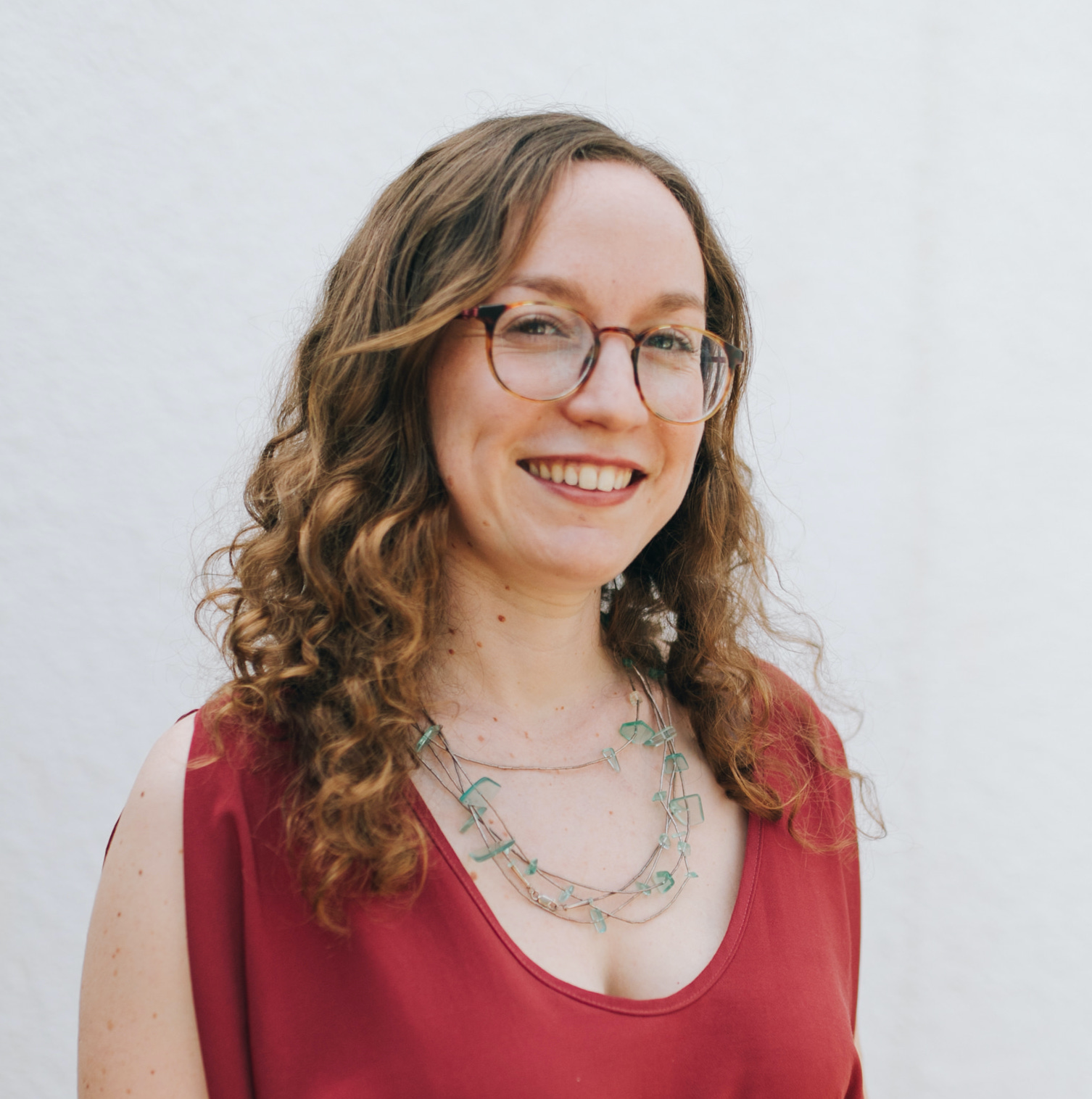
Contemporary cities are rife with conflicts, emerging out of tensions between the built environment, national sovereignty, and social, cultural, and ethnic identities. Globalization, immigration, financial and political crises, and violence made cities’ circumstances particularly precarious. These processes add to external pressures cities face, from political interests, cultural discourses, economic stakes, religious beliefs, and symbolic interpretations. These pressures not only influence urban development, but also shape the local everyday life of residents. Thus, it is essential to explore how urban communities negotiate issues, dilemmas, and tensions arising under contemporary conditions. Among these is neighborhood “diversity,” referring to the ways residents interact within and between groups in urban everyday life. Exploring neighborhoods in Jerusalem, this ethnographic project seeks to discover How do civically engaged residents make sense of diversity in their local urban community and in the city, given political, national, ethnic, and religious tensions? It seeks to understand how people perceive their neighbors within and across neighborhoods to shed light on the dynamics between everyday life and its contested urban context. It looks to examine the lived experiences of diversity through residents’ perceptions and practices, to distill how local communities make sense of the broader global, national, and urban discourses.
Biography:
Noa Neumark is a PhD student at the Department of Sociology. Her work focuses on questions of identity, belonging, and difference in contested political and urban settings. She is particularly interested in exploring how neighborhood residents in Jerusalem make sense of diversity in their local urban community and in the city, given political, national, ethnic, and religious tensions. In previous work she examined the politics of archaeology and knowledge-based activism in Israel/Palestine.
 THE UNIVERSITY OF CHICAGO
THE UNIVERSITY OF CHICAGO

